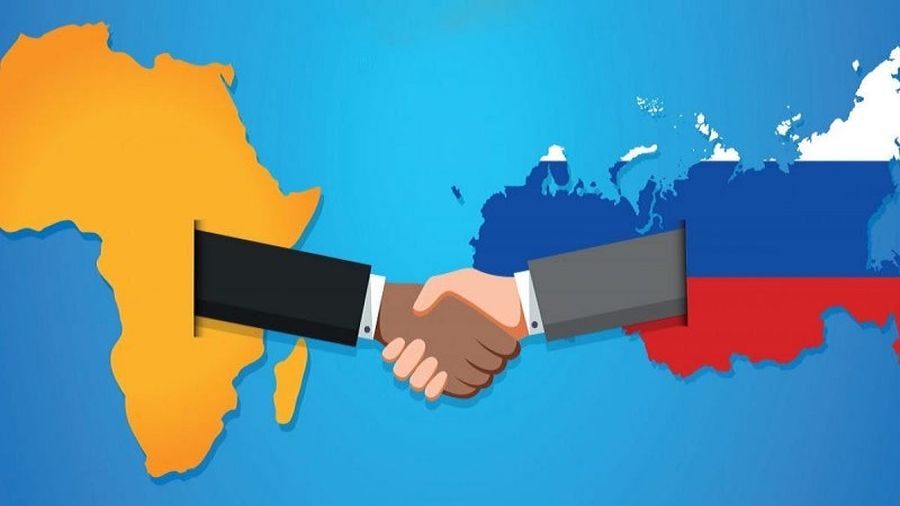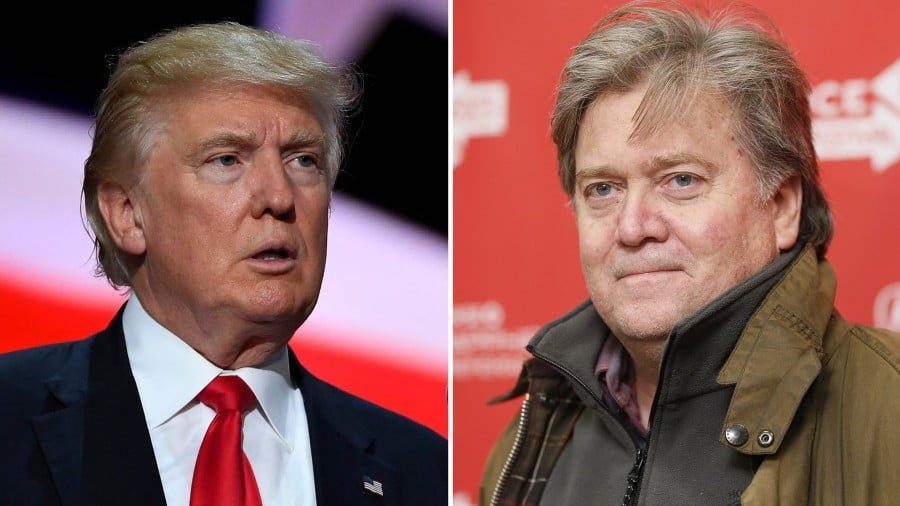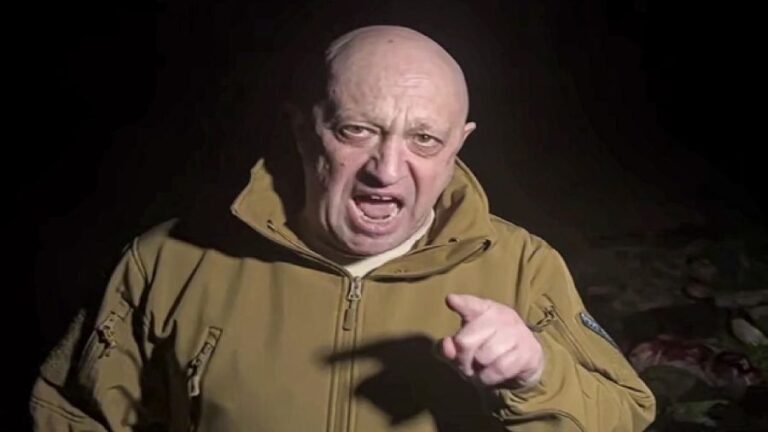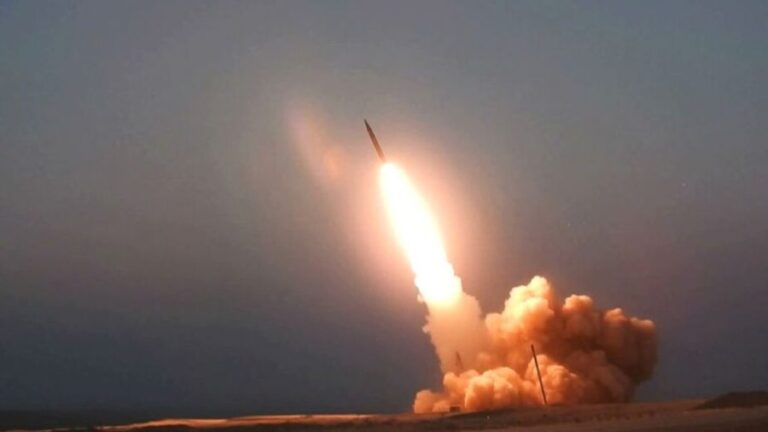Analyzing President Putin’s Vision of Russian-African Relations
Interstate and inter-societal cooperation will expand due to their shared views of the global systemic transition and the importance of defending traditional values. Meanwhile, strategic cooperation on democratic-energy-food security will continue, which will lead to Africa’s role in Russian grand strategy rising even further.
President Putin elaborated on his vision for Russia’s relations with Africa during the Q&A session that followed his keynote speech at the Valdai Club’s annual meeting late last month. It admittedly didn’t figure prominently into his discussions, but the insight that he shared nevertheless enables interested observers to obtain a glimpse into how this newly restored world power expects its relations with that continent to evolve across the coming decade. Here are the pertinent excerpts from that event:
“Traditional values cannot be imposed on anyone. They must simply be respected and everything that every nation has been choosing for itself over centuries must he handled with care.
This is how we understand traditional values, and the majority of humanity share and accept our approach. This is understandable, because the traditional societies of the East, Latin America, Africa, and Eurasia form the basis of world civilisation.
…
It may be worth revising the structure of the United Nations, including its Security Council, to better reflect the world’s diversity. After all, much more will depend on Asia, Africa, and Latin America in tomorrow’s world than is commonly believed today, and this increase in their influence is undoubtedly a positive development.
…
New centres of power are emerging, mainly in Asia, of course. Africa is also taking the lead. Yes, Africa is still a very poor continent, but look at its colossal potential.
…
When we fight for our interests and do so openly, honestly and, let’s face it, courageously, this fact in itself, this example in itself, is highly contagious and attractive for billions of people on the planet.
You can see Russian flags in many African countries, in some of those countries. The same is happening in Latin America and Asia. We have many friends. We do not need to impose anything on anyone. It is just that many people – politicians and ordinary citizens – are tired of living under external dictate. Enough is enough, people are tired of it. And when they see an example of our struggle against this dictate, they take our side internally and externally. And this support will continue to grow.
…
The UN Charter recorded the alignment of forces following WWII. Of course, the world has changed radically since then. Giants like China, India and Indonesia with large population are showing economic growth; in Africa large counties – some of them with a population of 200 million – are emerging and making progress, as well as countries in Latin America.
The world is changing. Of course, international law should keep pace with these changes and regulate relationships between countries in keeping with the balance of forces that emerges in the world in reality. However, this should be done quietly, without haste and on the basis of clear principles, rather than rules invented by someone.
…
We have had very good, traditionally good relations with Africa in general, including with the Republic of South Africa since Africa’s struggle for independence and against colonialism, as you know. These absolutely unique relations were forged during the years when the Soviet Union and Russia supported African countries in their fight for freedom.
And this foundation for our relations that took shape over the past decades must undoubtedly be used today under the new conditions to develop multilateral relations with African states, including with the Republic of South Africa, which, as you are aware, is a very active and effective partner of ours within BRICS.
We appreciate this and we are aware of South Africa’s capabilities. We are aware of its capabilities and have confidence in the future of the African continent, and we will certainly develop our relations with African countries, both with those we have had traditional relations with us over the past decades and those with whom we are just beginning to develop them.
…
Who is affected (by the US-led West’s financial monopoly and buying up more food in world markets than it was selling there)? First of all, the countries of Africa and partly Latin America and Asia. Does anyone think about that? Of course, those who are doing it think about it. But they do not give a damn about the consequences. They are pursuing their interests without giving a thought to the consequences that arise for the African countries.
…
We have repeatedly said that we have 300,000 tonnes of fertilisers under arrest in European ports. Our companies are ready to give the fertilisers away for free, but they do not release them, including to African countries. Some African leaders asked me where exactly the fertilisers are. I asked my aides to inform them of the location and the amounts – 300,000 tonnes, which is worth millions of dollars. Give them to the poorest countries, they need it. However, they do not release the fertilisers.”
Plenty can be intuited from each excerpt, which will now be analyzed in the order that President Putin shared everything as republished above. Regarding the first part, the Russian leader is acknowledging Africa as a unique cradle of human civilization, one that still treasures its traditional socio-cultural systems. This statement is a nod to his tacit belief in civilizations rising as distinct actors in the emerging Multipolar World Order as well as many African states’ opposition to LBGT+ propaganda.
This provides a basis upon which to build their future relations, first with respect to facilitating the continent’s rise as a whole within this emerging world order and the second when it comes to supporting its societies’ resistance to the hyper-liberal ideologies being imposed by the West. Put differently, there are structural and social bases for expanding state-to-state and people-to-people ties respectively within the contemporary New Cold War context.
The next two excerpts speak to Russia’s interest in helping to reform that aforementioned structural basis of International Relations in order for Africa as a whole and its most influential states in particular to finally play a role in shaping affairs commensurate with their newfound status. UN reform, however it ultimately unfolds, is therefore inevitable. This shared goal provides yet another basis for expanding multilateral and bilateral relations, the first with Africa as a whole and the second with particular states.
Moving along, President Putin then touched upon Russia’s new soft power appeal across the continent. His country represents the world’s leading force in actively reforming International Relations after it unprecedentedly accelerated the global systemic transition to multipolarity throughout the course of its special operation in Ukraine. This outcome serves the interests of African societies and states since they and Russia share the same vision of jointly building a more democratic, equal, and just world order.
That’s precisely what President Putin explained in his Global Revolutionary Manifesto, hence why Foreign Minister Lavrov declared over the summer in accordance with its precepts that Russia will help African countries fully complete their decolonization processes. To that end, bespoke “Democratic Security” solutions will be pioneered, the details of which can be read in this analysis here since they’re beyond the scope of the present analysis. The reader should also explore the hyperlinks therein too.
The point being conveyed both by President Putin and within the present analysis is that there’s no denying that Russia has successfully won hearts and minds in Africa due to the role that it’s playing in the global systemic transition. It is indeed the case as proven by the trend of Russian flags flying across the continent that there’s passionate grassroots support for this newly restored world power, which people sincerely believe will help them complete their decolonization processes exactly as it promised.
President Putin then later elaborated a bit more on the systemic reforms that he has in mind when it comes to Africa and other Global South regions finally receiving the global institutional roles that they deserve. By suggesting that international law inevitably change but “without haste and on the basis of clear principles”, he’s suggesting that this be done calmly and carefully in order to avoid inadvertently contributing to the existing chaos that’s come to characterize the contemporary “Age of Complexity”.
This is a reasonable approach and one that implies extremely close forthcoming cooperation between Russia and all its African partners, especially rising powers like Egypt, Ethiopia, Nigeria, and South Africa, the four countries that have the greatest chance at obtaining permanent UNSC seats. It’s premature to predict how everything will play out, but the importance of this observation rests in the likelihood that closer cooperation on this issue will lead to the further comprehensive expansion of Russian-African ties.
The next excerpt speaks a bit more about South Africa, both because President Putin was responding to a question asked by an expert from that country but also because it’s part of BRICS alongside Russia, which jointly leads the Global South at this moment together with the SCO (though other leaders like the African Union are rising too). It thus naturally follows that this country will maintain its privileged role in Russia’s grand strategy, both broadly speaking and towards Africa in particular.
The last piece of pertinent insight that President Putin shared contrasts his country’s approach to Africa with that of the US-led West’s Golden Billion, the latter of which regularly exploits the continent through economic-financial neo-imperialist means and is even attempting to weaponize famine there nowadays. That second-mentioned plot is being carried out as punishment for its states’ principled neutrality in the New Cold War after they all refused to sanction Russia despite some of them condemning it at the UN.
All told, President Putin vaguely described his vision of Russian-African relations across the present “Age of Complexity” that’ll likely characterize at least the present decade if not the next. Interstate and inter-societal cooperation will expand due to their shared views of the global systemic transition and the importance of defending traditional values. Meanwhile, strategic cooperation on democratic-energy-food security will continue, which will lead to Africa’s role in Russian grand strategy rising even further.







